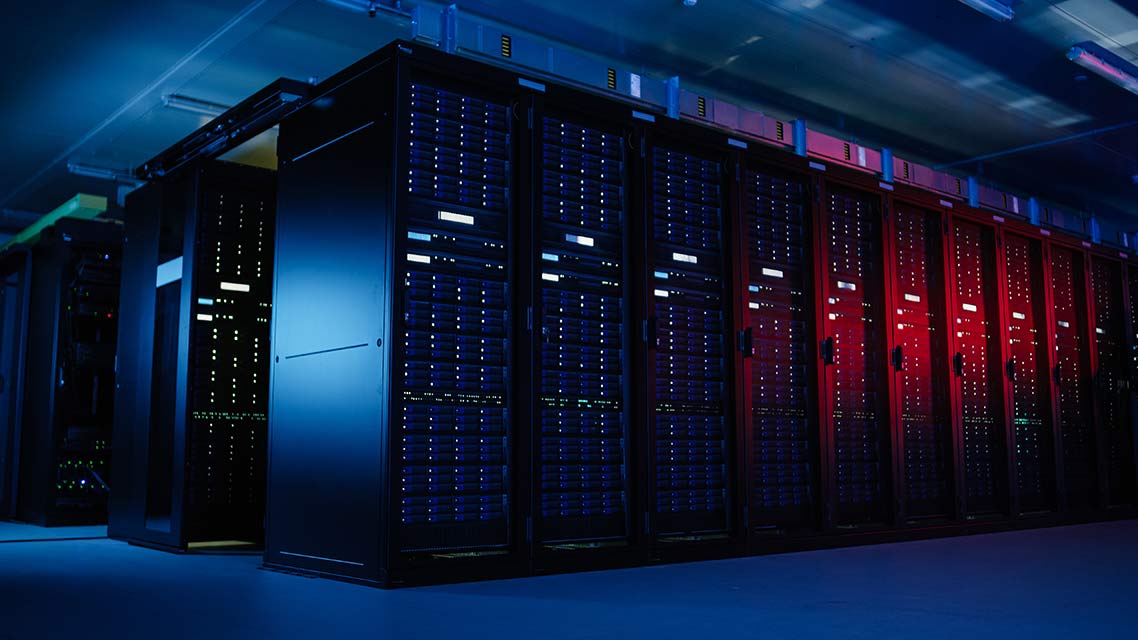Servers are important in this age of information explosion. They bestow computing power that allows transmission data within networks to facilitate operating systems, file transfers,![]() email exchanges, printing, and application utilization. There are different types of servers, and each type has its own configuration and software, allowing it to communicate with client computers. Every server has its own hardware and software to facilitate data transmission View more.
email exchanges, printing, and application utilization. There are different types of servers, and each type has its own configuration and software, allowing it to communicate with client computers. Every server has its own hardware and software to facilitate data transmission View more.
Servers are like the core of computer networks, enabling communications, access to websites, and other processes. It is hard to imagine networks without servers. Today’s servers are much advanced and can handle more requests and can facilitate data transfers across multiple computers within a snap. Thanks to increase in bandwidth rates and improvement in infrastructure.
IT professionals are constantly improving the technology behind servers. They do several configurations to maximize the functionality of servers. Such work will lead to enhanced capabilities of servers. Over the years, as more people are using the internet and more websites are being created, the need for servers has increased. The variety of computer and internet related activities has also increased. All these changes led to the birth of several types of servers, which are:
- Shared
- Virtual
- Dedicated
- Cluster
- Cloud
The core technology of all servers is similar, but the configuration and distribution set different servers apart. Different servers are expected to have varying computing power. These differences are a big deal among companies and organizations. Since servers are an investment, choosing the right one is a key to wise investment. The right servers are the key to computing efficiency.
Shared servers are thought to be the cheapest servers. They are shared by many users, and each user has his own partition. Then again, file transfer resources are shared, so is the memory. Because of the low cost of shared serves, many novice developers use them. One can always switch to other types of servers in the future.
Virtual private servers are the other type, which by now has grown in popularity. These servers come between dedicated and shared servers. They are virtually configured to be divided into sub-dedicated areas. Users can have full computing power and root access for their corresponding portion of the server. Although not as cheap as shared servers, virtual servers are good for people who want more control but do not want the higher cost of dedicated servers.
A dedicated server offers more computing power than any of the previous two mentioned. Dedicated servers can be managed or unmanaged. When managed by the provider, it gives full computing power, monitoring, and support. Small and medium sized business owners usually prefer dedicated servers and rent them with SLA (service level agreement).
Cluster hosting becomes the right choice when there are many machines whose function is to distribute content and process inbound requests. The cluster involves multiple servers that act uniformly. Cluster hosting is necessary for critical applications like business data transfer. Clustered hosting is suitable for busy websites.
